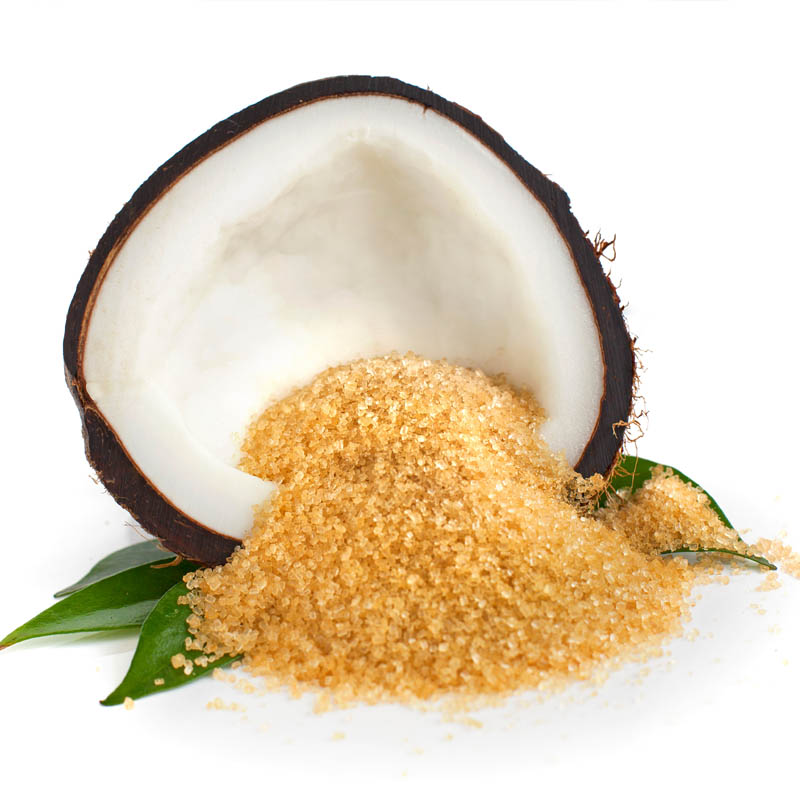By
Coconut sugar is the boiled and dehydrated sap of the coconut palm. It comes with a higher price tag than granulated sugar but offers the same number of carbohydrates and calories. The benefits of coconut sugar are making it a hot commodity in the health food world — this form of sugar does offer some trace nutrients and may have less of a dramatic impact on your blood sugar than other types of sweeteners.
Nutrient Content
Coconut sugar isn’t a nutritional superfood, but it does offer more vitamins and minerals than white table sugar. It contains trace amounts of vitamin C, potassium, phosphorous, magnesium, calcium, zinc, iron and copper. Coconut sugar also provides small amounts of phytonutrients, such as polyphenols, flavonoids and anthocyanidin, and antioxidants. You’ll also find the B vitamin inositol, often used as a mood booster, in coconut sugar.
Low Glycemic Impact
The glycemic index measures the effects of carbohydrates on your blood sugar. Coconut sugar ranks just 35 on this index, while regular table sugar ranks between 60 and 75. Foods high on the glycemic index cause your blood sugar to spike, which can lead to a sugar rush and subsequent crash. Fast spikes in blood sugar can also cause your insulin levels to soar in a short period of time, and this can have serious consequences for diabetics.
Less Fructose
Fructose is a type of sugar your body converts to fat quickly. Only your liver can break down fructose, and one of the results of this breakdown is triglyceride — a form of fat. You shouldn’t consume large amounts of fructose outside of that which you get in fresh fruit, notes Harvard Health Publications. Agave nectar is 90 percent fructose, and high-fructose corn syrup is 55 percent fructose. Coconut sugar has just 45 percent fructose, making it a better option than these other sweeteners.


